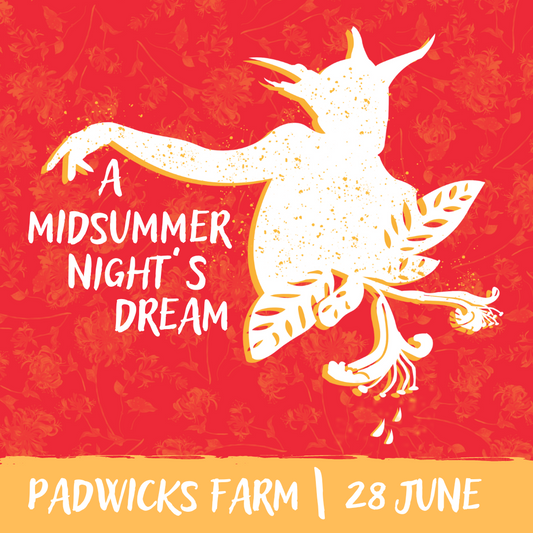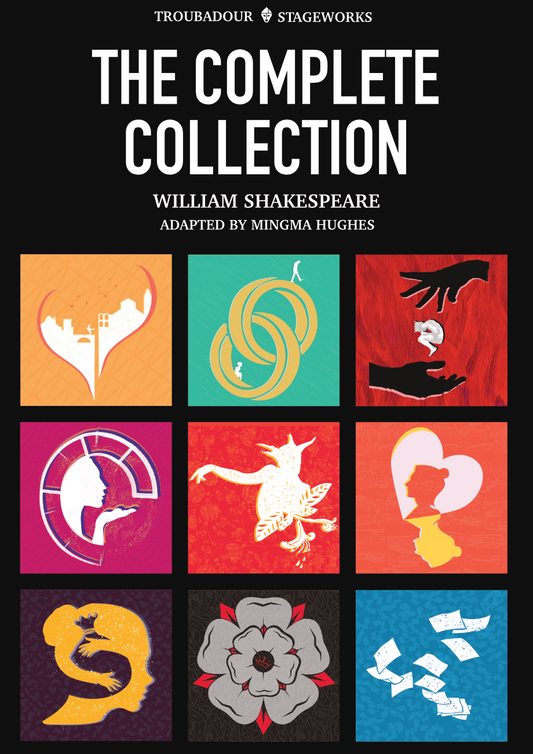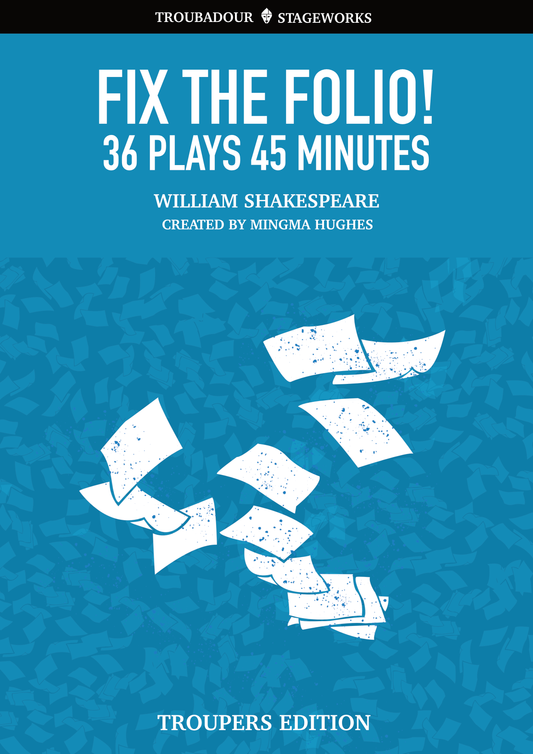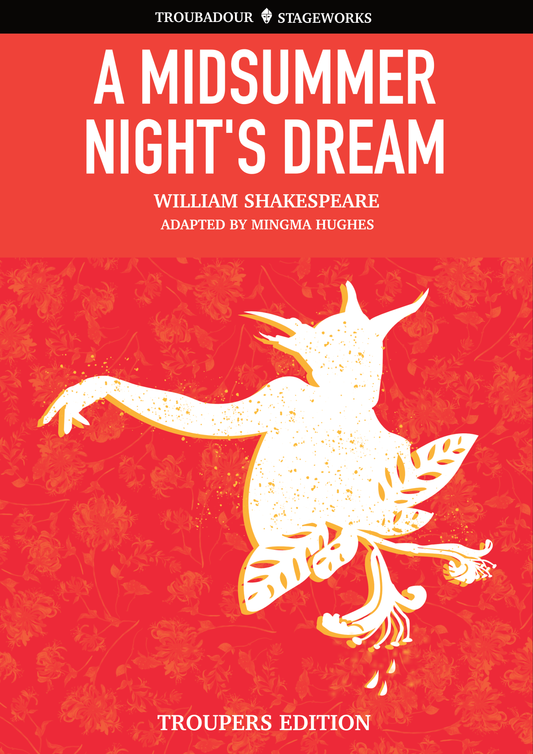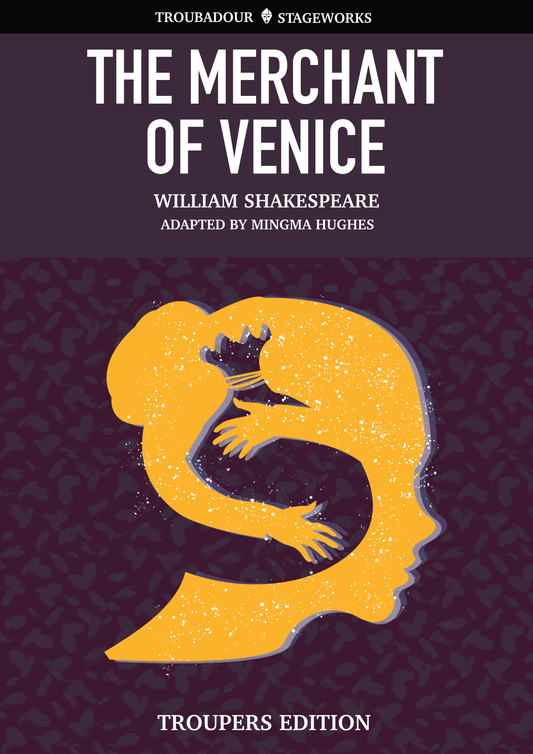The third Mary on our list is the niece of Mary Sidney - Mary Wroth (1587-1653), who took her aunts legacy and built on it to become one of the most important woman writers in English history. Any one of her literary achievements would be more than enough to prove that fact, together they are unprecedented.
Mary Wroth was a lot of firsts in her writing career; she was the first Englishwoman known to have written an original work of prose fiction, and an original dramatic comedy play (she was also the second to write a complete sonnet sequence). Her works upend the traditional gender roles in romantic literature (eg. making the unattainable object of love male, and the female characters active in the pursuit of love), and drew attention to some of the many struggles women faced in the 17th Century - particularly the issue of enforced marriage.
Her dramatic comedy play was ‘Love’s Victory’, a pastoral closet drama which would have been intended to be read aloud among friends and family, rather than performed in public. Many plays written by women at this time were also ‘closet’ dramas, as this was seen as a more respectable alternative to publishing your work or having it publicly performed.
The play centres on a group of shepherds and shepherdesses in Cyprus, who Venus commands Cupid to cause heartache to for failing to show her enough reverence. This results in a series of romantic misunderstandings and a narrowly averted tragedy, resolved by the intervention of Venus and Cupid.
The main dramas seem to draw from Mary Wroth’s own experience of love. The central characters of Musella and Philisses are the ‘true love’ pairing of the play, but Musella’s mother tries to force her to marry the Rustic, a comically dull and unrefined character.
Mary Wroth was not exactly a fan of the man she was made to marry. In fact, few people were - he was most successful as a hunter but best known as a drunk and a gambler, whereas Mary loved the arts. Her friend Ben Jonson even disapproved, once saying that ‘my Lady Wroth is unworthily married on a Jealous husband.’ Mary and Robert appear to have disagreed from the moment they met, neither much liking the other based on surviving accounts.
It was after her husband’s death in 1614 that Mary became involved with the man she likely considered her ‘Philisses’ - her cousin William Herbert, Mary Sidney’s son. Together they had at least two illegitimate children, but appear to have become more distant from one another when Mary Wroth suffered a fall from grace at court in 1621, while he continued to rise.
A major reason for her fall from grace was one of her published works, ‘Urania’, an intricate prose romance whose characters were a little too similar to contemporary courtiers. The immense piece of work (944 pages!) was reduced to a scandal, and despite her arguments to the contrary her work was viewed as little more than gossip by many critics. Many of the insults directed at her in response to ‘Urania’ directly attacked her gender, one even calling her a ‘hermaphrodite in show’ and a ‘monster’, for daring to write it. However her writing also received praise from Ben Jonson, and several other critics, which was almost unprecedented for a woman’s original writing at the time.
Mary Wroth seems to have faded from view and published little else after ‘Urania’, and the book was never reprinted, though Mary did write an unpublished sequel. It remains a hugely important work in women’s literary history, not only for its originality, but for its emphasis on women autonomy, voice, and friendships.
Urania herself is a character taken from her uncle Philip Sidney’s sonnets, which she turned from a mysterious shepherdess who never actually appears into a fully developed character. Wroth based Urania on her aunt, Mary Sidney, who inspired much of Wroth’s work and patronage, and who you can read about earlier in this blog series. Wroth places female friendship at the heart of the story through the supportive relationship between Urania and the female hero, Pamphilia, and her dedication of the novel to her close friend, the Countess Montgomery.
Mary Wroth’s writing may have brought scandal into her own life, but it became inspiration to the generations which followed. Margaret Cavendish, for example, a prolific writer later in the 17th century, who would even quote ‘Urania’ directly in her work. More than anything else, she was able to show that a woman could build a respectable literary reputation through original work, something which many more women would begin to do in the following decades.
Article and Artwork by Jasmine SilkFirst Published 15/04/2021



